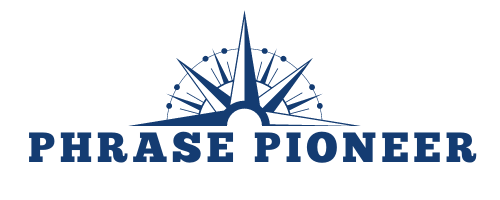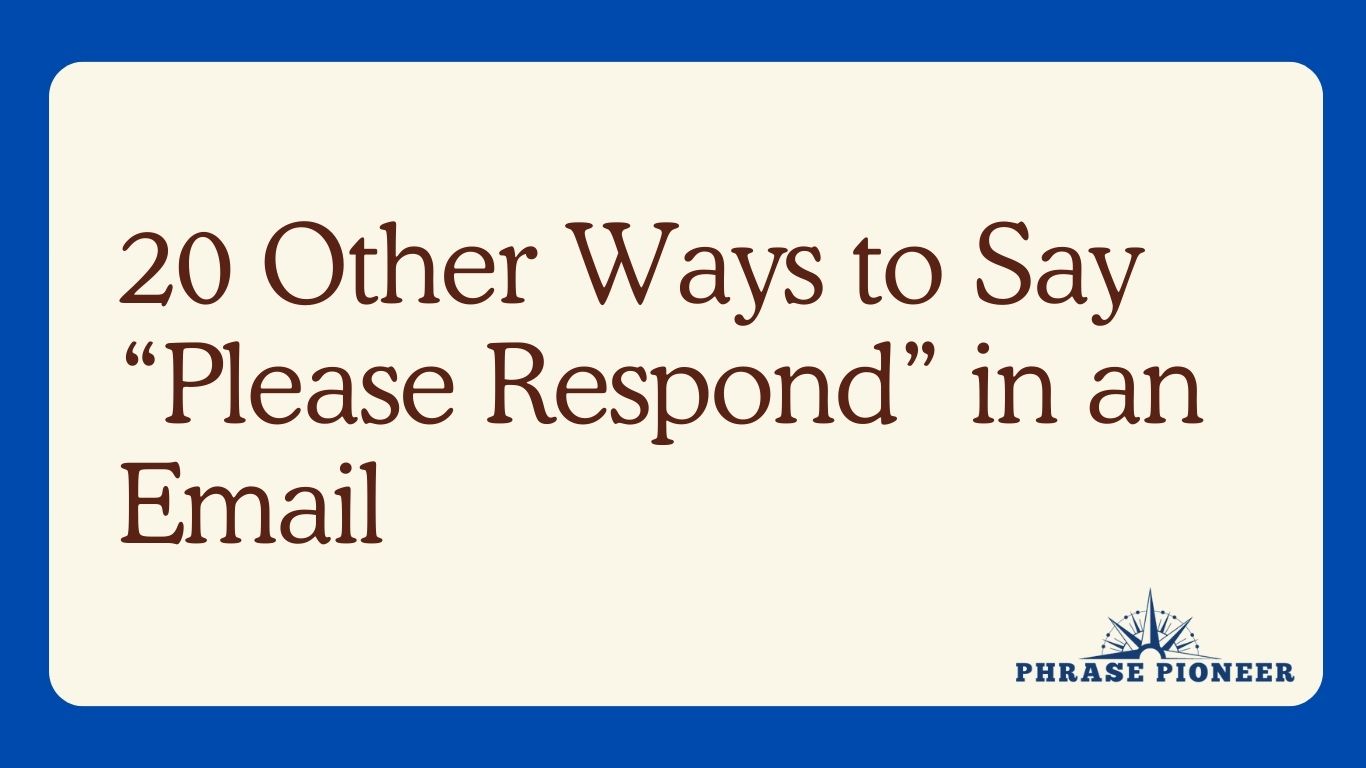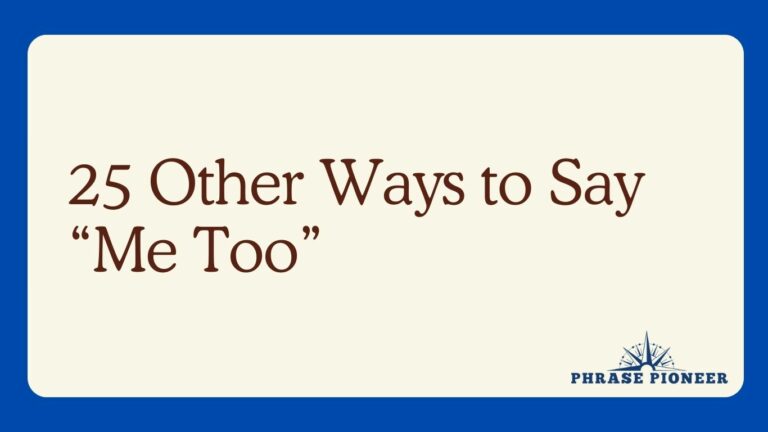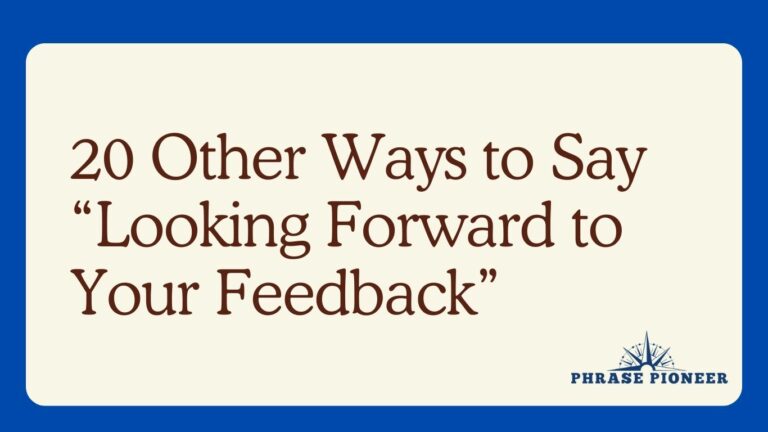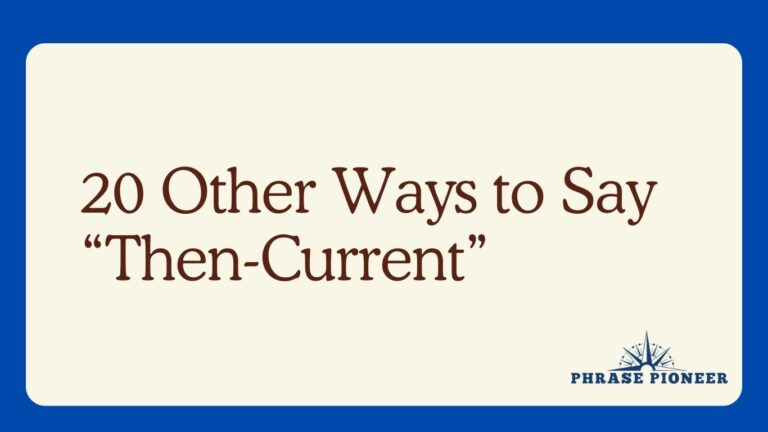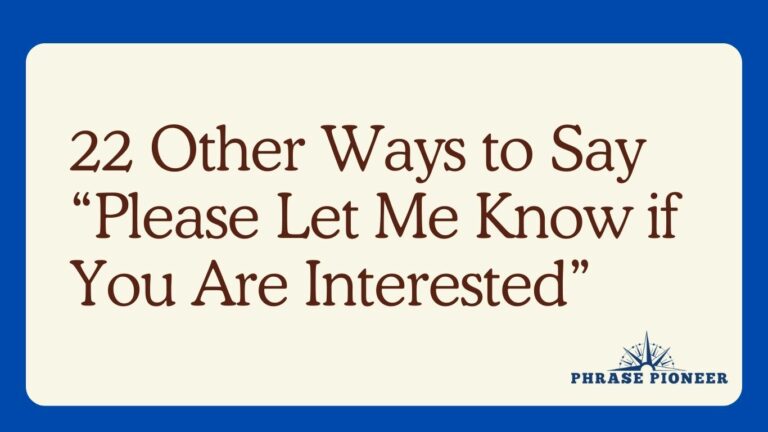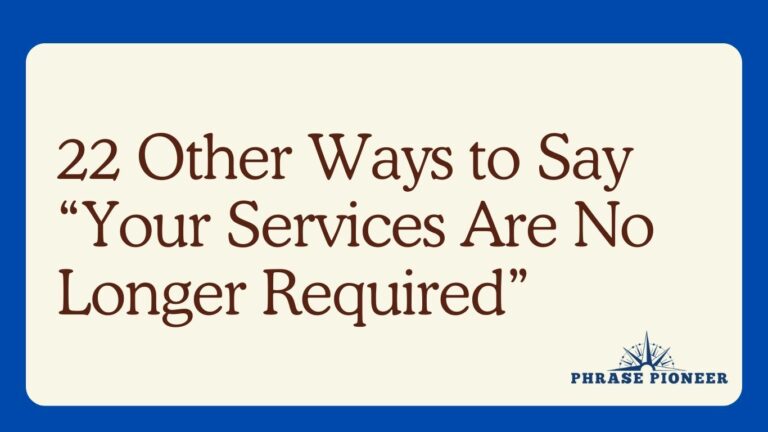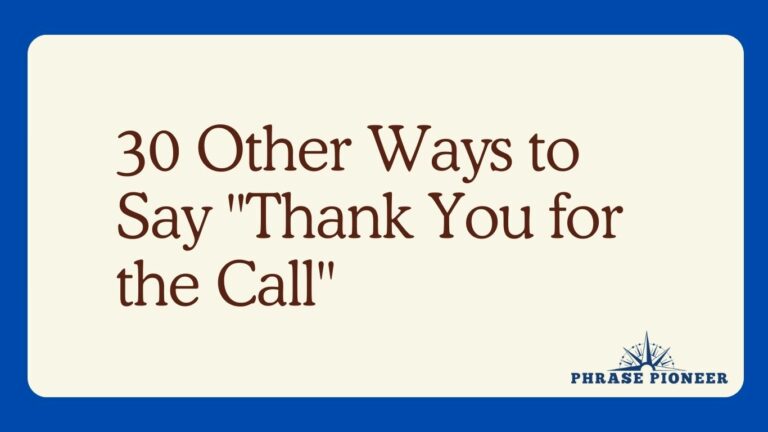20 Other Ways to Say “Please Respond” in an Email
When prompting a reply within an email, it’s essential to address the recipient respectfully while encouraging a timely response.
Here are 20 alternative ways to say “Please respond,” along with example sentences and explanations that can help you prompt a reply effectively and courteously in your email communications.
Requests for Reply:
1. “I await your prompt reply.”
- Example: “Given the urgency of the matter, I await your prompt reply.”
- Explanation: Conveys the expectation of a quick response due to the pressing nature of the issue.
2. “Your timely response would be appreciated.”
- Example: “To proceed with the order, your timely response would be appreciated.”
- Explanation: Politely implies that a response is needed soon to continue with a process or action.
3. “Kindly get back to me at your earliest convenience.”
- Example: “Please review the enclosed documents and kindly get back to me at your earliest convenience.”
- Explanation: A respectful request that considers the recipient’s schedule while indicating a need for feedback.
4. “I would appreciate a response at your earliest opportunity.”
- Example: “Should you agree with the proposal, I would appreciate a response at your earliest opportunity.”
- Explanation: Signals the importance of receiving a reply while conveying regard for the recipient’s time.
5. “Please reply at your soonest.”
- Example: “To confirm your attendance, please reply at your soonest.”
- Explanation: Indicates that the sender is awaiting confirmation and suggests the need for a swift response.
Polite Reminders:
6. “Could you please respond to the above query?”
- Example: “For clarity on next month’s schedule, could you please respond to the above query?”
- Explanation: Formally requests a reply to specific points raised, encapsulating the emphasis on the query mentioned.
7. “I would appreciate your immediate attention to this matter.”
- Example: “This issue affects many in the department; I would appreciate your immediate attention to this matter.”
- Explanation: Stresses the importance and pressing need for a prompt reply due to the matter’s impact.
8. “Your feedback would be greatly valued.”
- Example: “In light of the recent developments, your feedback would be greatly valued.”
- Explanation: Encourages a response by highlighting the recipient’s input as significant.
9. “Please advise on this at your soonest.”
- Example: “Given your expertise, please advise on this matter at your soonest.”
- Explanation: Asks for guidance or professional insight quickly, reflecting the urgency of expert opinion.
10. “I’m eager to receive your insights on this matter.”
- Example: “Our strategy depends on your analysis; I’m eager to receive your insights on this matter.”
- Explanation: Indicates anticipation and reliance on the recipient’s unique perspective or information.
Encouraging Engagement:
11. “Would you be able to respond soon?”
- Example: “We need to finalize our numbers; would you be able to respond soon?”
- Explanation: Asks directly, yet politely, if a prompt reaction can be expected.
12. “Please let me know your thoughts by [date/time].”
- Example: “Please let me know your thoughts on the proposal by end of day Friday.”
- Explanation: Sets a specific deadline for response, guiding the recipient to prioritize reply timing.
13. “Anticipating your earliest response.”
- Example: “We wish to close this file by the week’s end, anticipating your earliest response.”
- Explanation: Expects that the answer will be given promptly, correlating to the sender’s timeline.
14. “A quick reply would be most helpful.”
- Example: “To keep the project on track, a quick reply would be most helpful.”
- Explanation: Indicates that efficiency in the communication process can positively impact broader work progress.
15. “Your immediate feedback will expedite the process.”
- Example: “Accurate planning relies on your input; your immediate feedback will expedite the process.”
- Explanation: Points out that the recipient’s prompt reply will speed up the overall procedure.
Formal Requests:
16. “A response at your earliest is requested.”
- Example: “To meet our compliance obligations, a response at your earliest is requested.”
- Explanation: Formally and respectfully solicits a swift reply for compliance or official purposes.
17. “Please acknowledge receipt of this email.”
- Example: “Please acknowledge receipt of this email and provide your approval to proceed.”
- Explanation: Specifies that even a receipt confirmation is a necessary part of the requested response.
18. “We seek your prompt input on the matter.”
- Example: “Decisions will be made post-haste; we seek your prompt input on the matter.”
- Explanation: Indicates that the recipient’s input is required quickly to facilitate decision-making.
19. “Please confirm by return email.”
- Example: “To secure your reservation, please confirm by return email.”
- Explanation: Requests a direct and time-sensitive reply by the same method of communication.
20. “Looking forward to your reply.”
- Example: “Your approval is critical to our next steps, looking forward to your reply.”
- Explanation: Expresses expectation and positivity about receiving a response, indicating its importance to action planning.
These alternative phrases can politely prompt recipients to reply to an email, emphasizing the value and relevance of their input, while showing an understanding of their time constraints.
By selecting the right phrase, you can ensure the request for response is well-received, encouraging timely and constructive communication.
